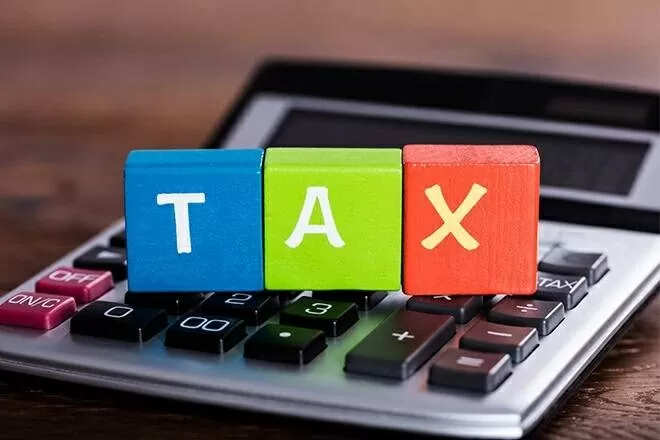
The central government has started preparations to present its next Union Budget on 1 February 2025. In such a situation, the Central Board of Direct Taxes (CBDT) has very little time left to prepare a simplified version of the income tax laws. The department currently has a lot of work in this regard.
The ongoing comprehensive review of direct tax laws is likely to focus on reducing legal bottlenecks as well as reducing the litigation burden for both the government and the industry, sources have told CNBC-TV18. “Under review, the revenue department is currently focusing only on simplifying the language and is not in favor of any change in the tax rates,” sources said. What is the government going to do?
Sources also said that “in the review of the existing Income Tax Act, 1961, some penal provisions are also being simplified. “The focus will be on reducing litigation as well as overall litigation management.” The Central Board of Direct Taxes (CBDT), responsible for making and implementing income tax laws in the country, is working on this review. For this, an internal panel was formed under the aegis of the Department of Revenue, Ministry of Finance, which is conducting a comprehensive review of the Income Tax Act, 1961.
Facility for income tax officers also
Sources said, “The panel is working on clarifying the provisions of the law by giving simple interpretation. It is believed that this will provide convenience to the taxpayers as well as the Income Tax authorities.” Sources said, “The government has not yet decided whether the review will be introduced as a new Act or it will be taken forward only through amendments.”
Sources further indicated that ‘under the review, major relaxations can be given in the provisions of TDS, TCS, capital gains, issues like taxpayer classification, income sources can be clarified in a better way.’ The government wants to include the points and proposals emerging from this review of the direct tax law in the Budget 2025 to be released in February.
great interest among people
Talking about the review, Akhil Chandna, Partner, Direct Tax, Grant Thornton India, says, “India is expected to issue a new Direct Tax Code 2025 in the upcoming Budget. This is a development that has created a lot of curiosity and interest among people.
This revised tax code aims to simplify the existing tax structure, increase transparency and simplify the provisions of the law for both individual taxpayers and businesses.
Its primary goal is to reduce the complexity of tax laws, thereby curbing tax evasion and promoting compliance with the law. Some of the major changes introduced in the Direct Tax Code include – simplifying the return filing process by reducing the number of sections and including more schedules, simplifying taxpayer classification for residents and non-residents, introducing new rules like ROR and RNOR. Eliminating categories, eliminating loopholes and eliminating most of the deductions and exemptions to create a more equitable tax system, widening the scope of deduction and collection at source (TDS/TCS) to cover almost all income types. Expanding the scope.
tax on capital gains
Additionally, capital gains are taxed as regular income to promote regular tax payment and reduce tax evasion. This may increase taxes for some people, but it will ensure a uniform tax system for all types of income.
Additionally, the review also includes things like eliminating the concepts of “assessment year” and “previous year” and using only the term “financial year” for tax filing, renaming income categories for clarity. Overall, the new Direct Tax Code is being seen as a positive step towards creating a more efficient and transparent tax system in India. It reflects the government’s intention to change the tax structure to better meet the needs of the modern economy, promote growth and ensure fair distribution of the tax burden.
 look news india
look news india